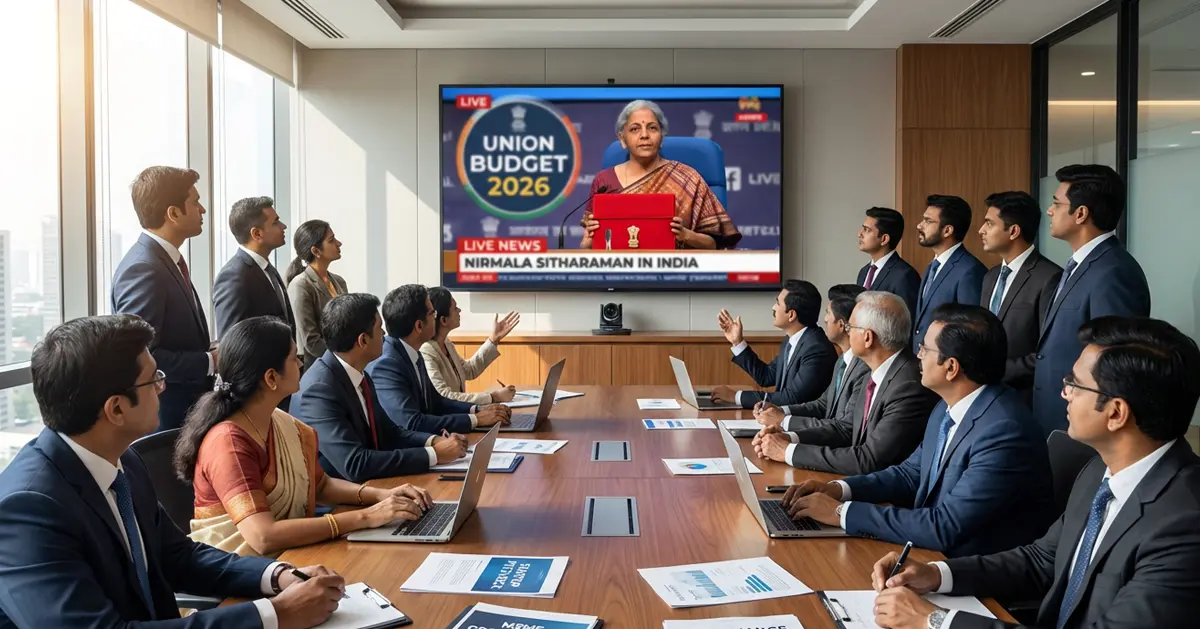
Introduction
With globalization continuously expanding, both individuals and businesses in India are engaging in international financial transactions for various reasons, such as education, travel, business expenses, and investments. However, these transactions are not free from regulations. The Reserve Bank of India (RBI) imposes strict guidelines on international expenses to maintain financial stability, curb unauthorized outflows, and ensure compliance with Forex regulations and tax laws. Understanding and adhering to these RBI guidelines is vital for preventing penalties, avoiding regulatory scrutiny, and ensuring that business transactions and personal remittances are compliant with legal standards. In this article, we’ll delve into the RBI guidelines for international expenses, including the Forex regulations, business transaction protocols, and tax compliance requirements.
Read blog: GST on Import of Services Explained
The Importance of Following RBI Guidelines
Adhering to the RBI guidelines for international expenses is crucial for preventing money laundering, unauthorized remittances, and tax evasion. Moreover, these guidelines ensure that financial transactions remain within India’s legal framework, thus safeguarding the country’s economic health. Whether you are an entrepreneur expanding your business abroad or an individual making personal remittances, understanding these regulations is key to avoiding penalties and maintaining smooth cross-border financial activities.
What Are the RBI Guidelines on International Expenses?
The RBI guidelines for international expenses are specifically designed to regulate the flow of funds out of India, ensuring that the transactions are legitimate and compliant with the Foreign Exchange Management Act (FEMA). These guidelines apply to both individuals and businesses and cover a wide range of financial activities such as education, travel, medical expenses, foreign investments, and more.
Key Aspects of RBI Guidelines for International Expenses
- Adherence to FEMA:
The Foreign Exchange Management Act (FEMA) plays a crucial role in the framework governing international expenses. FEMA provides guidelines on Forex regulations to ensure that international transactions are conducted legally and within permissible limits. - Limits on Foreign Exchange:
Both individuals and businesses are subject to limits on international remittances. For example, under the Liberalized Remittance Scheme (LRS), individuals can remit up to USD 250,000 per financial year. - Tax Compliance:
Individuals and businesses must ensure they comply with tax laws when making international transactions. This includes adhering to tax laws related to Forex regulations, such as the Tax Collected at Source (TCS). - Reporting Obligations:
Businesses must report significant international transactions to the RBI through authorized financial institutions to ensure that business transactions are fully compliant with Indian regulations. - Approved Payment Methods:
The RBI guidelines specify the approved channels for making international payments, which must be made through banks authorized by the RBI.
The Role of FEMA in International Transactions
The Foreign Exchange Management Act (FEMA), enacted in 1999, regulates cross-border transactions and plays a pivotal role in the RBI guidelines for international expenses. It ensures that Forex regulations are strictly followed, which helps in maintaining economic stability and prevents illicit financial outflows.
Current Account vs. Capital Account Transactions
Under FEMA, international transactions are classified into two main categories:
- Current Account Transactions: These include payments for education, travel, medical treatment, and remittances for family maintenance.
- Capital Account Transactions: These transactions involve foreign investments, property purchases abroad, and loans to foreign entities.
Limits on International Transactions for Individuals and Businesses
RBI sets specific limits on international transactions for both individuals and businesses. These limits ensure that the outflow of foreign currency remains under control and prevents excessive pressure on India’s foreign reserves.
For Individuals (Under the Liberalized Remittance Scheme)
Under the Liberalized Remittance Scheme (LRS), individuals can remit up to USD 250,000 per financial year for various purposes, including education, travel, medical treatment, investments, and gifts. However, this scheme does not allow remittances for speculative activities like cryptocurrency investments.
For Businesses
For businesses, the RBI has set specific Forex regulations concerning international expenses, such as payments for trade finance, overseas investments, and service payments. Any transaction that exceeds a specified limit requires prior approval from the RBI.
How to Make International Payments in Compliance with RBI Rules
Ensuring that international expenses are in line with RBI guidelines requires businesses and individuals to follow proper procedures while making payments abroad. Here are the steps you need to take to ensure compliance with Forex regulations:
Steps to Ensure Compliance with RBI Rules:
- Use Authorized Banks:
All international transactions must be processed through RBI-authorized banks or financial institutions. These entities help ensure that transactions are compliant with Forex regulations. - Provide Necessary Documentation:
Disclose the origin of funds and provide necessary documentation to prove the legitimacy of the funds, especially for transactions involving large sums of money. - Ensure Reporting:
For business transactions that exceed prescribed limits, companies must report these transactions to the RBI through the appropriate channels. - Tax Compliance:
Transactions above certain amounts (e.g., INR 7 lakh for individuals) require the submission of PAN details for tax compliance. - Ensure LRS Compliance:
Individuals must ensure that their remittances do not exceed the limits set under the Liberalized Remittance Scheme (LRS).
Tax Implications of Foreign Exchange Transactions
When making international expenses, understanding the tax implications is essential to avoid penalties and additional tax burdens.
Key Tax Considerations for International Expenses:
- Tax Collected at Source (TCS):
Payments exceeding INR 7 lakh in a financial year attract a TCS of 5% under the LRS. This ensures that taxes are collected on large remittances. - GST on Foreign Payments:
Some business transactions involving the import of services may attract GST under the reverse charge mechanism, depending on the nature of the service and the country’s regulations. - Double Taxation Avoidance Agreement (DTAA):
India has tax treaties with several countries to prevent double taxation. If you are paying taxes abroad, DTAA can help individuals and businesses avoid paying tax twice on the same income.
Penalties for Violating RBI’s Guidelines on International Expenses
Failure to adhere to the RBI guidelines on international expenses can lead to significant penalties and legal consequences.
Common Violations and Associated Penalties:
| Violation | Penalty |
| Exceeding LRS limits | Up to 3 times the amount involved |
| Unauthorized remittances | Heavy fines and legal action |
| Misuse of funds | Cancellation of remittance and further restrictions |
| Non-reporting of transactions | Suspension of foreign exchange privileges |
Conclusion
Understanding the RBI guidelines for international expenses is essential for individuals and businesses engaged in global financial activities. By complying with Forex regulations, ensuring tax compliance, and following RBI-approved procedures, you can carry out smooth and efficient international transactions. Regularly reviewing the guidelines, using authorized banking channels, and maintaining proper documentation will further help streamline your financial operations abroad.
If you’re looking for expert assistance in managing international expenses and ensuring RBI compliance, RegisterKaro can help. Our team of professionals offers end-to-end guidance on RBI regulations, FEMA compliance, and international remittance procedures.




